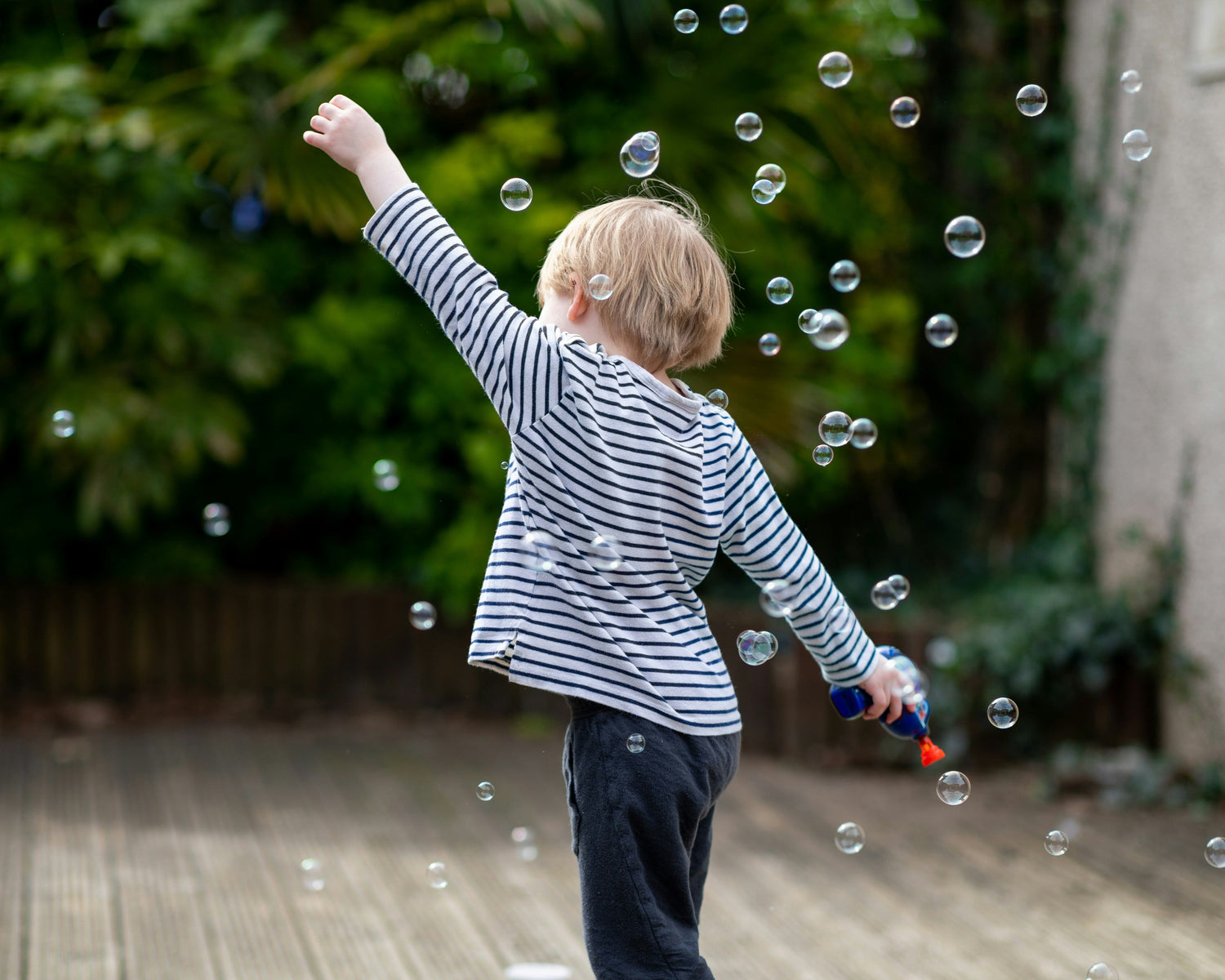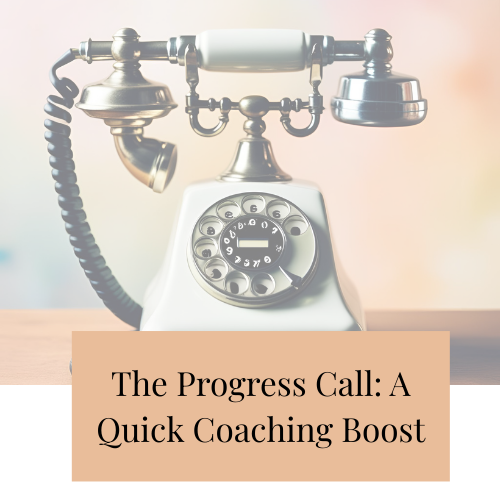The Importance of Play in Early Childhood
Play is more than just fun—it’s how children learn.
From building towers to pretending to cook, play helps children make sense of the world, express emotions, and develop lifelong skills.
Why Play Matters
Cognitive Growth – Sorting, stacking, and pretend play encourage problem-solving and imagination.
Language Skills – Talking during play expands vocabulary and confidence.
Emotional Regulation – Play helps children express feelings and build self-awareness.
Physical Development – Running, climbing, and drawing improve strength and coordination.
Social Skills – Playing with others teaches empathy, turn-taking, and communication.
Types of Play
Independent Play – Builds focus and creativity.
Sensory Play – Supports brain development through touch, smell, and sight.
Pretend Play – Encourages role play and understanding real-world concepts.
How Parents Can Support
Provide open-ended toys (blocks, scarves, spoons).
Join in sometimes—but also allow independent exploration.
Turn everyday routines into playful learning.
👉 Remember: Play is the foundation for confidence, curiosity, and connection.
Curious Minds







